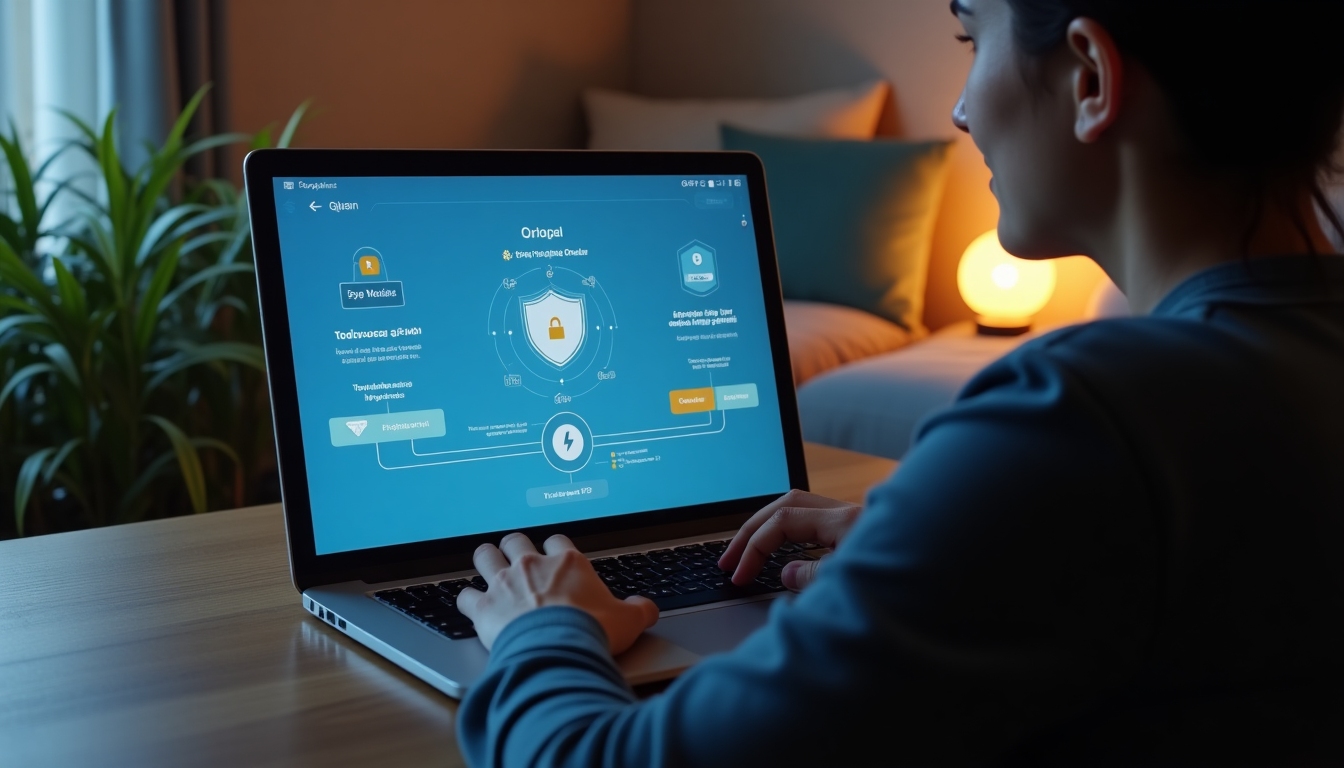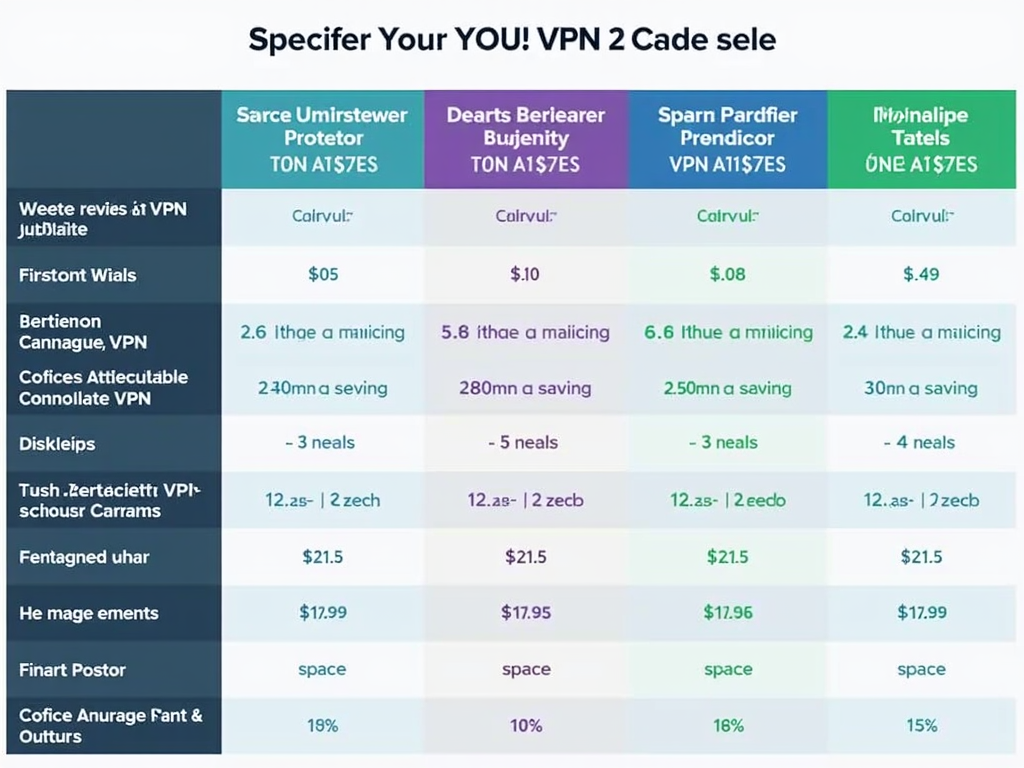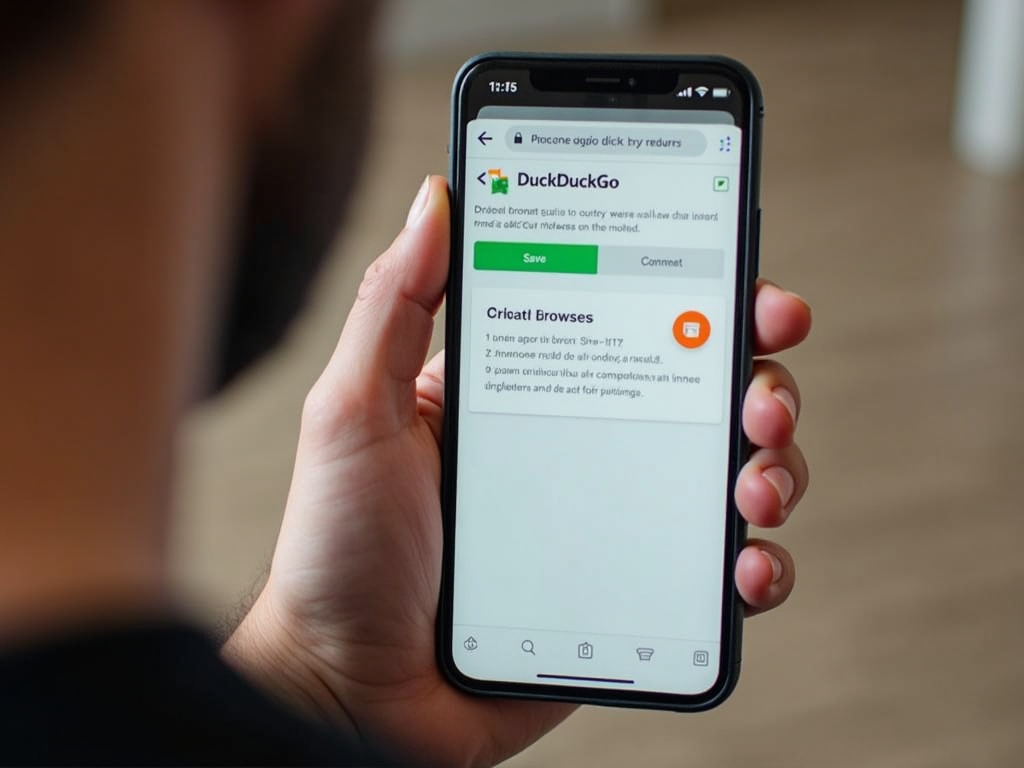Top Privacy Tools for 2023: Protect Your Online Privacy
In today's digital age, protecting your online privacy is more important than ever. With cyber threats and data breaches on the rise, it's crucial to use the right tools to safeguard your personal information. This article explores the top privacy tools for 2023, including VPNs, private browsers, and more, to help you stay safe online.

Online privacy is a hot topic these days, and for good reason. With more of our lives moving online, from shopping to socializing, the amount of personal data we share has skyrocketed. This data can be used for targeted advertising, sold to third parties, or even stolen by hackers.
According to a study by the Pew Research Center, 79% of Americans are concerned about the way their data is being used by companies. And it's not just companies—governments around the world are also collecting and monitoring online activity.
That's why it's essential to take steps to protect your privacy. By using the right tools and following best practices, you can significantly reduce your digital footprint and keep your personal information safe.
So, what are the best tools to protect your privacy in 2023? Here are some of the top options:
- Virtual Private Networks (VPNs)
A VPN is one of the most effective tools for protecting your online privacy. It works by encrypting your internet connection and routing it through a secure server, making it difficult for anyone to spy on your activity.
Some of the best VPNs for 2023 include: - NordVPN: Known for its strong security features and large server network. - ExpressVPN: Offers fast speeds and excellent privacy protection. - ProtonVPN: A great option for those who prioritize privacy, with a free tier available.
- Private Browsers
Private browsers are designed to minimize tracking and protect your browsing history. Two popular options are Firefox Focus and DuckDuckGo. - Firefox Focus: A mobile browser that blocks trackers and deletes your browsing history after each session.
-
DuckDuckGo: A privacy-focused search engine that also offers a mobile browser with built-in tracker blocking.
-
Password Managers
Password managers help you create and store strong, unique passwords for all your accounts. This reduces the risk of your accounts being hacked. Some top password managers for 2023 include: - LastPass: Offers a free tier and advanced features like password sharing.
-
1Password: Known for its user-friendly interface and strong security.
-
Encrypted Messaging Apps
Encrypted messaging apps ensure that your conversations remain private. Some popular options include: - Signal: Offers end-to-end encryption and is widely regarded as one of the most secure messaging apps.
-
Telegram: While not as secure as Signal, it offers a range of privacy features and is popular for its user-friendly interface.
-
Privacy-Focused Search Engines
Privacy-focused search engines don't track your searches or store your data. Some top options include: - DuckDuckGo: As mentioned earlier, DuckDuckGo is a popular choice for private searching.
- Startpage: Offers private search results from Google without tracking your activity.

Setting up a VPN is relatively straightforward, but there are a few steps you can take to maximize your privacy.
-
Choose a Reputable VPN Provider
Not all VPNs are created equal. Look for a provider that has a strong reputation for privacy and security. Check if they have a no-logs policy, which means they don't store any information about your online activity. -
Enable the Kill Switch
Most VPNs have a kill switch feature that automatically disconnects your internet if the VPN connection drops. This prevents your data from being exposed. -
Use Strong Encryption
Make sure your VPN uses strong encryption protocols, such as OpenVPN or WireGuard. These protocols are more secure than older options like PPTP. -
Connect to a Server in a Privacy-Friendly Country
Some countries have stricter data retention laws than others. Connecting to a server in a country with strong privacy laws can provide an extra layer of protection. -
Use the VPN on All Your Devices
To ensure maximum privacy, use the VPN on all your devices, including your smartphone, tablet, and laptop.

Both Firefox Focus and DuckDuckGo are excellent choices for private browsing on mobile devices. However, they have some key differences.
Firefox Focus is a minimalist browser that blocks trackers and deletes your browsing history after each session. It's designed to be simple and easy to use, with a focus on privacy.
DuckDuckGo, on the other hand, is a search engine that also offers a mobile browser. Its browser includes features like tracker blocking, forced HTTPS, and a privacy grade for each website you visit.
So, which one is more private? It depends on your needs. If you want a simple, no-frills browser that prioritizes privacy, Firefox Focus might be the better choice. If you prefer a browser with more features and a built-in search engine, DuckDuckGo could be the way to go.

In addition to the tools mentioned above, there are several other privacy tools worth considering: - Tor Browser: A browser that allows you to browse the internet anonymously by routing your connection through a network of volunteer-operated servers. - ProtonMail: An encrypted email service that ensures your emails remain private. - Brave: A privacy-focused browser that blocks ads and trackers by default.

Protecting your online privacy is crucial in 2023. By using tools like VPNs, private browsers, password managers, and encrypted messaging apps, you can significantly reduce your digital footprint and keep your personal information safe. Remember to choose reputable providers, enable security features, and stay informed about the latest privacy threats.
- How to Protect Your Online Privacy
- The Best Password Managers for 2023
- Understanding VPNs: A Beginner's Guide
- The Importance of Encrypted Messaging
- Private Browsing: What You Need to Know